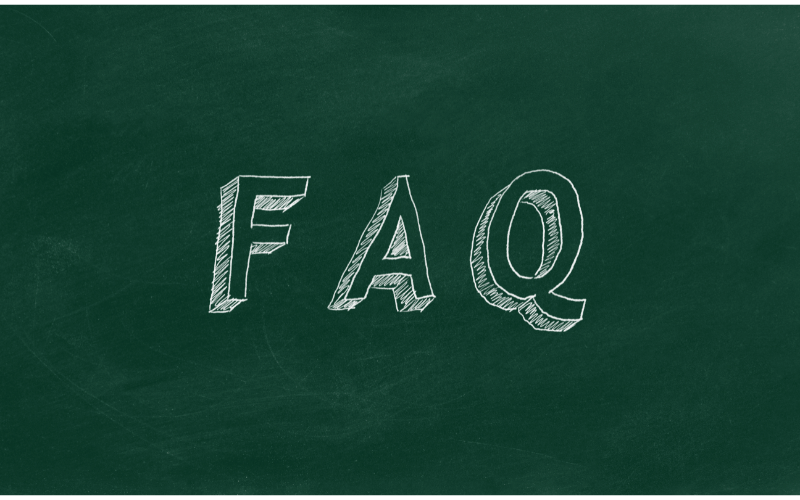FAQ: Additional Insights on Cholestasis

1: Can cholestasis affect pregnancy, and how is it managed in pregnant women?
Cholestasis can occur during pregnancy, known as intrahepatic cholestasis of pregnancy (ICP). It’s marked by intense itching, usually without a rash. Management includes regular monitoring of liver function and fetal well-being, along with medication to alleviate symptoms and possibly early delivery if recommended by a healthcare provider.
2: How does cholestasis affect children differently from adults?
In children, cholestasis often presents with symptoms like jaundice, poor growth, and developmental delays. The causes can vary, often linked to genetic or metabolic disorders. Management and prognosis depend on the underlying cause and early intervention.
3: Is there a connection between cholestasis and mental health?
Yes, living with cholestasis can impact mental health. Chronic symptoms like itching and fatigue can lead to stress, anxiety, and depression. Support from mental health professionals, along with effective symptom management, is important for overall well-being.
4: Are there long-term complications associated with cholestasis if left untreated?
Untreated cholestasis can lead to severe liver damage, cirrhosis, and even liver failure. It’s essential to address the condition promptly to prevent these long-term complications. Regular monitoring and adherence to treatment plans are key.
5: Can cholestasis recur, and how can recurrence be prevented?
Cholestasis can recur, especially if the underlying causes are chronic or not fully addressed. Prevention focuses on managing the underlying conditions, adhering to treatment and lifestyle recommendations, and regular medical check-ups to monitor liver health.
Conclusion: Navigating the Complexities of Cholestasis
Cholestasis, a condition marked by a reduction or stoppage of bile flow, is more than just a list of symptoms; it’s a signal from the body indicating a deeper, underlying issue. The journey through understanding and managing cholestasis is intricate, involving various facets of health and lifestyle. This article has aimed to shed light on the less obvious, yet equally significant symptoms of cholestasis, extending beyond the common ones like jaundice and itching.
The diverse symptoms, ranging from mental confusion to skin discoloration, underline the comprehensive impact of cholestasis on the body. Each symptom narrates a part of the story, revealing the complex interplay between liver function and overall health. Recognizing these signs early can lead to more timely and effective management, potentially averting severe long-term complications.
Moreover, the psychological and social impacts of living with cholestasis cannot be understated. Chronic symptoms can take a toll not just physically but also mentally and emotionally. Therefore, a holistic approach to treatment, encompassing both physical and mental health support, is crucial.
Understanding cholestasis also calls for an awareness of its potential recurrence and the importance of ongoing management. This includes adhering to treatment plans, making lifestyle adjustments, and staying vigilant about any new or returning symptoms.
In conclusion, cholestasis is a multifaceted condition requiring a multifaceted response. It’s about listening to the body’s signals, responding with appropriate medical care, and making the necessary adjustments in daily life. Through awareness, early detection, and comprehensive management, individuals can navigate the challenges of cholestasis and maintain a path towards better health and well-being.